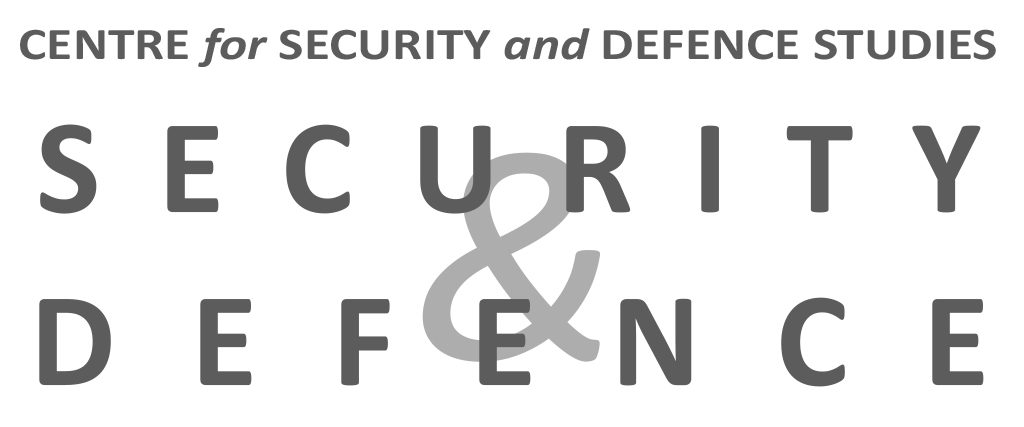
Since the early 2010s, the Euro-Atlantic community has shown a growing concern for endogenous or exogenous online disinformation spread by private or public actors in the context of elections or “hybrid interference”. With the COVID 19 crisis, the EU and NATO have become aware of the extreme danger of disinformation in times of acute crisis. Specifically, the pandemic provides an ideal breeding ground for false claims, conspiracy theories, illegal hate speech, cyberbullying and targeted disinformation campaigns about COVID 19 from third countries. The EU and NATO are also concerned that disinformation campaigns related to the pandemic, as well as the social and economic consequences they may have, could exacerbate tensions in conflict-ridden areas particularly affected by the health crisis.
The EU and NATO have therefore committed themselves – each on its own but in cooperation – to developing a coherent strategy to combat hybrid campaigns and disinformation in particular. However, the challenges remain enormous. Our liberal democracies are taking actions to face the challenges posed by information manipulation. Despite government declarations, however, Belgium is one of the states that are still lagging behind in this area.
(Only available in French)
Research lines: Security and defence architecture ; Threats, challenges and strategic responses ; Defence capabilities and technologies ; Belgium ; Europe ; Transatlantic relations ; Eurasia
Sources photos : https://www.flickr.com/photos/blinkofanaye/50810866443/in/photostream/ © Blink O’fanaye ; https://www.flickr.com/photos/bookcatalog/27162728588 © Book Catalog ; https://www.nato.int/docu/review/fr/articles/2017/06/13/un-regard-personnel-sur-les-relations-otan-russie/index.html © NATO

Security & Strategy 150
La lutte euro-atlantique
contre la désinformation :
état des lieux et défis à relever
pour la Belgique
